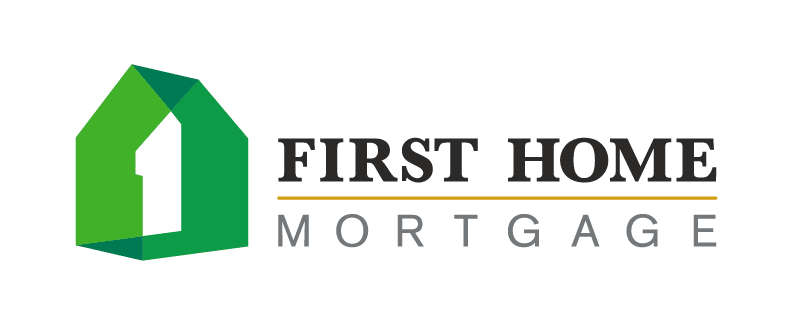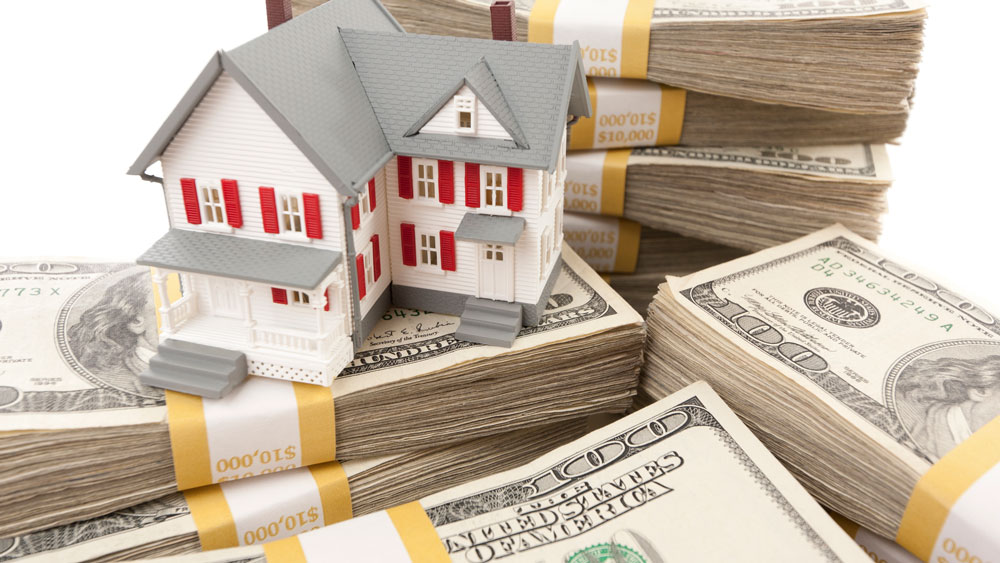Conventional wisdom says that you need to save 20 percent of your home’s value for the down payment when you are buying a home, but this conventional wisdom is no longer an absolute. While a 20 percent down payment would be nice, it is not a necessity, and, for many first-time buyers with no equity to draw from, it can be nearly impossible. So how much do you need to save? The answer depends on the loan you choose. Here are the most common types of home loans and the down payment amounts required for them.
Conventional Mortgage
A conventional mortgage, whether it is a fixed-rate or an adjustable-rate mortgage, requires the highest down payment. The rules will vary from Lender to Lender based on many factors, including your credit and the overall value of the home. In general, you can expect to need at least 5 percent as a down payment if you’re buying a home with a conventional loan.
FHA Mortgage
Government-backed loans, like the FHA mortgage, are less risky than conventional loans. If the buyer backs out of the loan and leaves the Lender to shoulder its costs, they get some of their investment back from the government program. As such, they have less stringent requirements. The minimum down payment with an FHA mortgage is 3.5 percent making it an appealing option for many first-time buyers.
VA Loans
Veterans and active-duty members of the military can qualify for the VA home loan program. This program allows them to buy a home with no money down. Like the FHA loan, the VA loan is guaranteed by the government. You pre-qualify for it through a participating Lender, but should you be unable to make your payments, the VA will step in and refund the Lender a portion of your loan amount.
USDA Loans
The USDA home loan program is similar to the VA home loan program. It also requires no money as a down payment, but it is not limited to veterans or active-duty members of the military. However, to use this loan, you must be buying a home in a qualified location. The USDA home loan program applies to homes in rural or suburban communities. Many homes qualify, but typically they need to be in areas with populations under 20,000.
The Realities of Private Mortgage Insurance
Most home loan programs charge some sort of fee for borrowers who cannot put 20 percent down on the home. With a conventional loan, that fee is called Private Mortgage Insurance, or PMI. This is an insurance program that protects the Lender if you lose your home in foreclosure. Most people pay PMI as an added fee on their monthly mortgage payment. PMI is typically 0.5 or 1 percent of the loan amount per year, divided into a monthly fee.
Government-backed loans don’t have PMI, but they do have other fees. The FHA home loan charges a Mortgage Insurance Premium paid each month, along with an upfront MIP fee at closing. MIP can last up to 11 years. If the loan-to-value ratio changes, the MIP does not automatically disappear. Borrowers can refinance, but this runs the risk of a higher interest rate. The up-front MIP is 1.75 percent of the loan’s value, often rolled into the loan, and the annual MIP is 0.45 to 1.05 percent of the loan. VA home loans charge an upfront funding fee. USDA home loans charge an upfront guarantee fee.
Where to Save Your Down Payment*
As you save your down payment, try to get a little interest on your investment. Some options to consider include:
- Savings Account – This typically has the lowest interest rate but provides easier access to your money.
- CD or Money Market – You will have to leave your money in this type of investment for a set period, but you will get more interest out of the money if you do.
- High-Yield Investment. If you’re comfortable with a little risk, talk to an investment broker about investing your money in the current markets, so it has the best chance of growing while you save.
As you consider your options for a home loan, determine how much you can afford to save for your down payment. Then, choose the home loan that will be the most affordable option, taking into account the mortgage insurance or fees tied to that loan. By understanding your options well, you will be able to make an informed decision.
*See your financial advisor for advice regarding the best means to save for your down payment.
So, if your monthly mortgage payment is $1,200, you would divide that by 12 to get $100. Every month, add a $100 principal balance payment to your mortgage. You will save in the same way that you would with your biweekly payments.
Another way to do this would be to put aside the biweekly payment amount into a savings account every two weeks, then draw from that savings account each month when your monthly payment is due. Then, at the end of the year, make an extra payment to place towards the principal. Just make sure that you communicate with the Lender that you want the additional payment used for the principal, not as a regular monthly payment.
This nifty little trick makes little difference in your day-to-day budgeting, but it can make a big difference in how much you pay for your loan. Consider the biweekly agreement with your Lender if you’re looking to build equity and pay down your principal more quickly.


